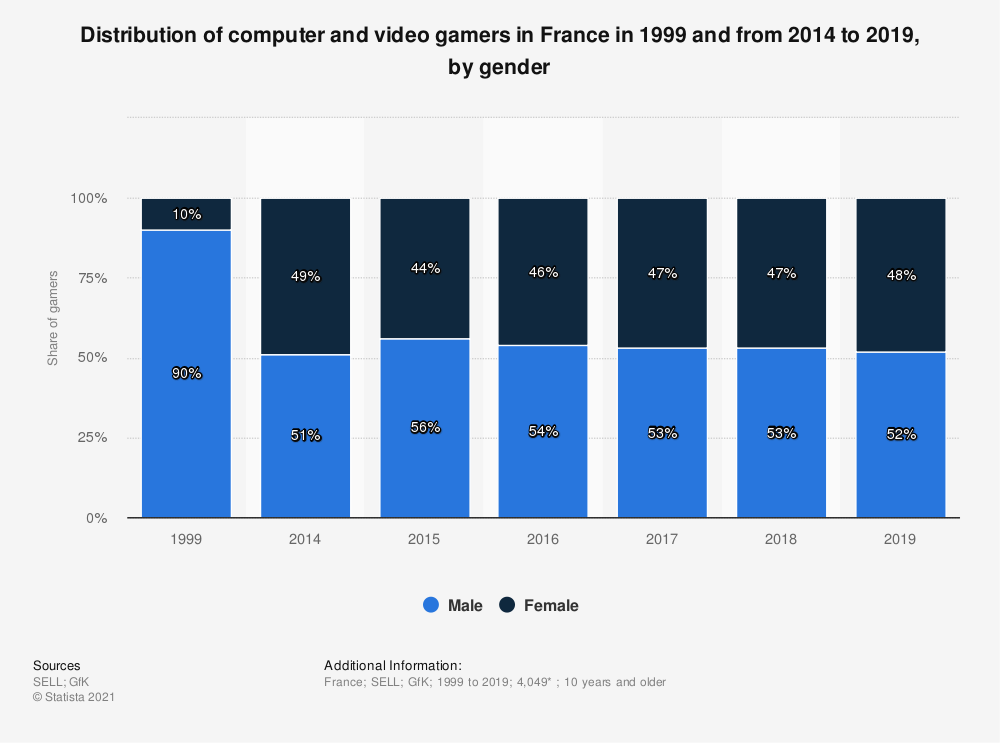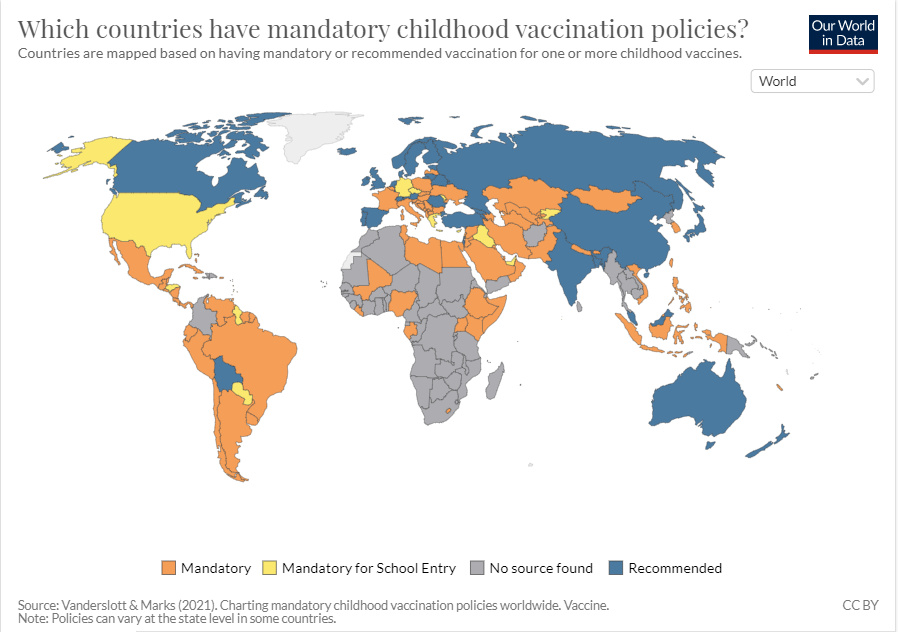Tips on asking for a promotion
By The English Farm, September 12 2021According to the Harvard Business Review, asking for a promotion can be nerve-wracking. How do you prepare for that conversation with your boss? What information should you have at the ready? And how exactly do you make your case?
The first step is to think through what you want. Do you want more power? More money? More managerial responsibility? Also, consider getting feedback from a personal "board of directors" on your strengths and weaknesses. Speak to peers to try to measure your reputation. Find out how others successfully pressed their cases for promotion.
Once you’ve clarified exactly what you’re looking for, build a compelling case for why you deserve to move up. Consider preparing a one-or-two-page memo that clearly outlines your track record. The memo’s bullet points should provide metrics of the impact you’ve had, descriptions of solutions you’ve delivered, and financial outcomes for which you’ve been responsible.




 Decode this sentence: "B l f x z m g l g z o o b w l g s r h !"
Decode this sentence: "B l f x z m g l g z o o b w l g s r h !"



